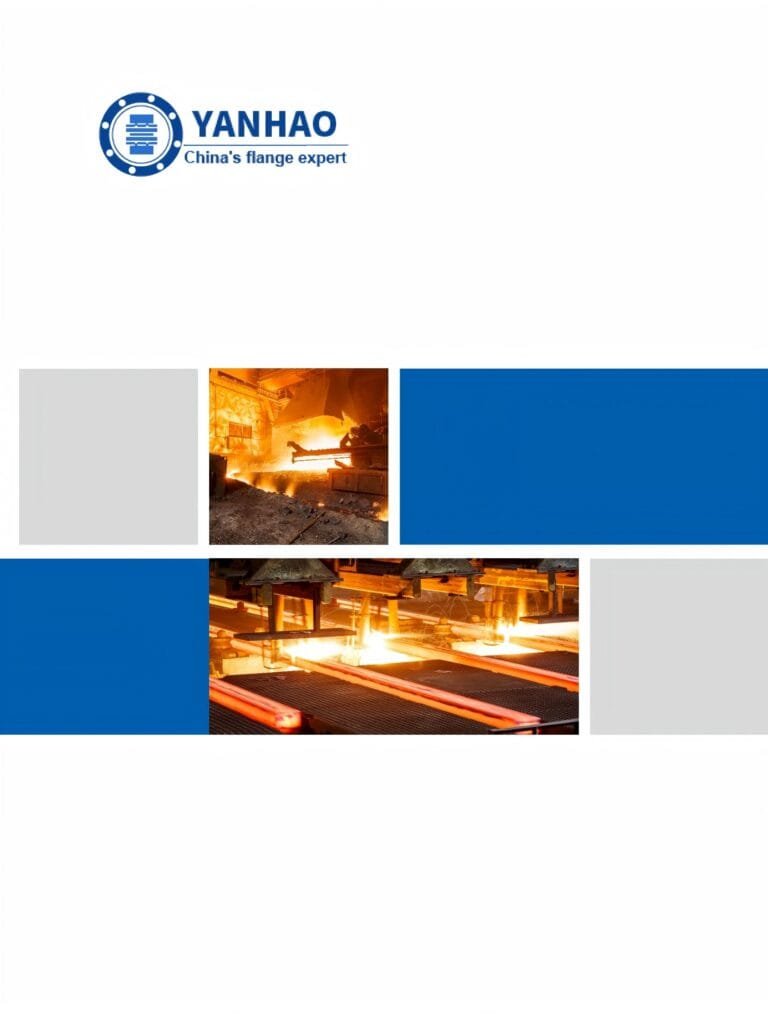Flange material
Our company provides pipe flanges in various materials.
We provide flange products of various standards such as American standards, European standards, German standards, and Japanese standards. The list of common standards is as follows:


lewis Liu
sales Manager
Materials for Pipe Flanges
There are many kinds of flange materials, our company produces flanges mainly carbon steel flanges, stainless steel flanges, alloy steel flanges, and so on.
The most common materials for pipe flanges (forged grades) are ASTM A105 (carbon steel high temperature to match A53/A106/API 5L pipes), A350 Grades LF1/2/3 (carbon steel low temperature to match A333 pipes), A694 Grades F42 to F80 (high yield carbon steel to match API 5L pipe grades), ASTM A182 Grades F5 to F91 (alloy steel flanges to match A335 pipes), A182 Grade F304/316 (stainless steel flanges to match A312 SS pipes), A182 Gr. F44/F51/F53/F55 (duplex and super duplex to match A790/A928 pipes) and various nickel alloy grades (Inconel, Incoloy, Hastelloy, Monel).
here’s a table outlining common materials used for pipe flanges, along with their characteristics and commonly associated steel grades:
| Material | Characteristics | Common Steel Grades |
|---|---|---|
| Carbon Steel | Carbon steel flanges are often used in some of the medium corrosive requirements are not high in the medium of low pressure in the general industrial pipeline. But carbon steel flanges are cheap and popular among users. | ASTM A105, ASTM A350 LF2, ASTM A694 |
| Stainless Steel | Stainless steel flanges have good corrosion resistance, not easy to rust, mostly used in corrosive pipelines, such as the pharmaceutical industry, the chemical industry and the food industry with high safety requirements. More expensive, but can effectively solve the problem. | ASTM A182 F304, ASTM A182 F316, and more. |
| Alloy Steel | Alloy steel flanges have higher strength than carbon steel flanges and corrosion resistance, but a little worse than carbon steel flanges, mostly used in electric power, petrochemical and other industries with certain requirements. Its price is more moderate. | ASTM A182 F11, ASTM A182 F22, and more. |
Different flange materials are suitable for different occasions. When we choose the flange material, we need to consider the pipeline pressure, temperature, medium and corrosive, origin, price, and other factors to comprehensively choose.
When we purchase, we can let the supplier provide the material certificate to prove the real material of the purchased flanges.






